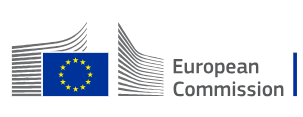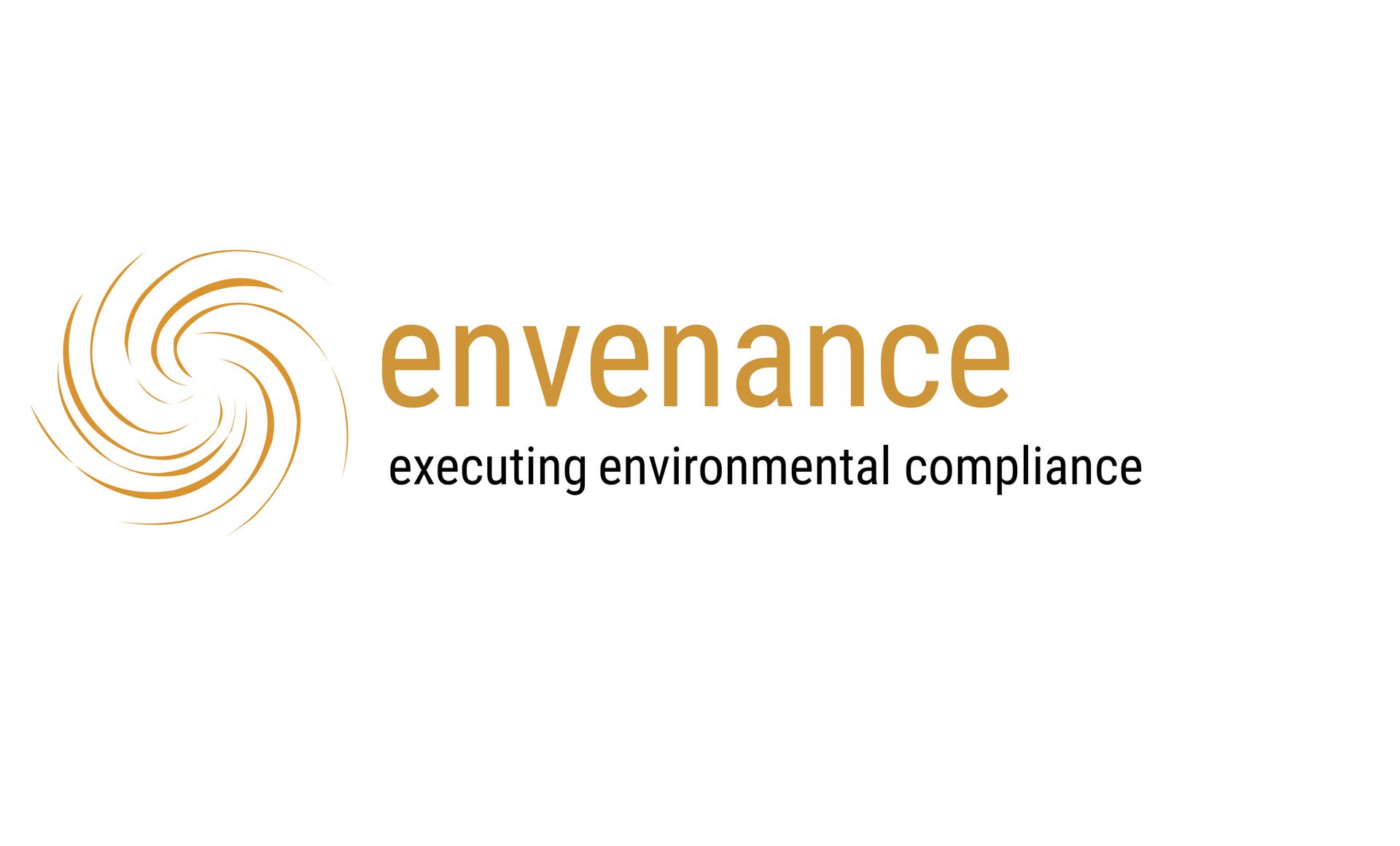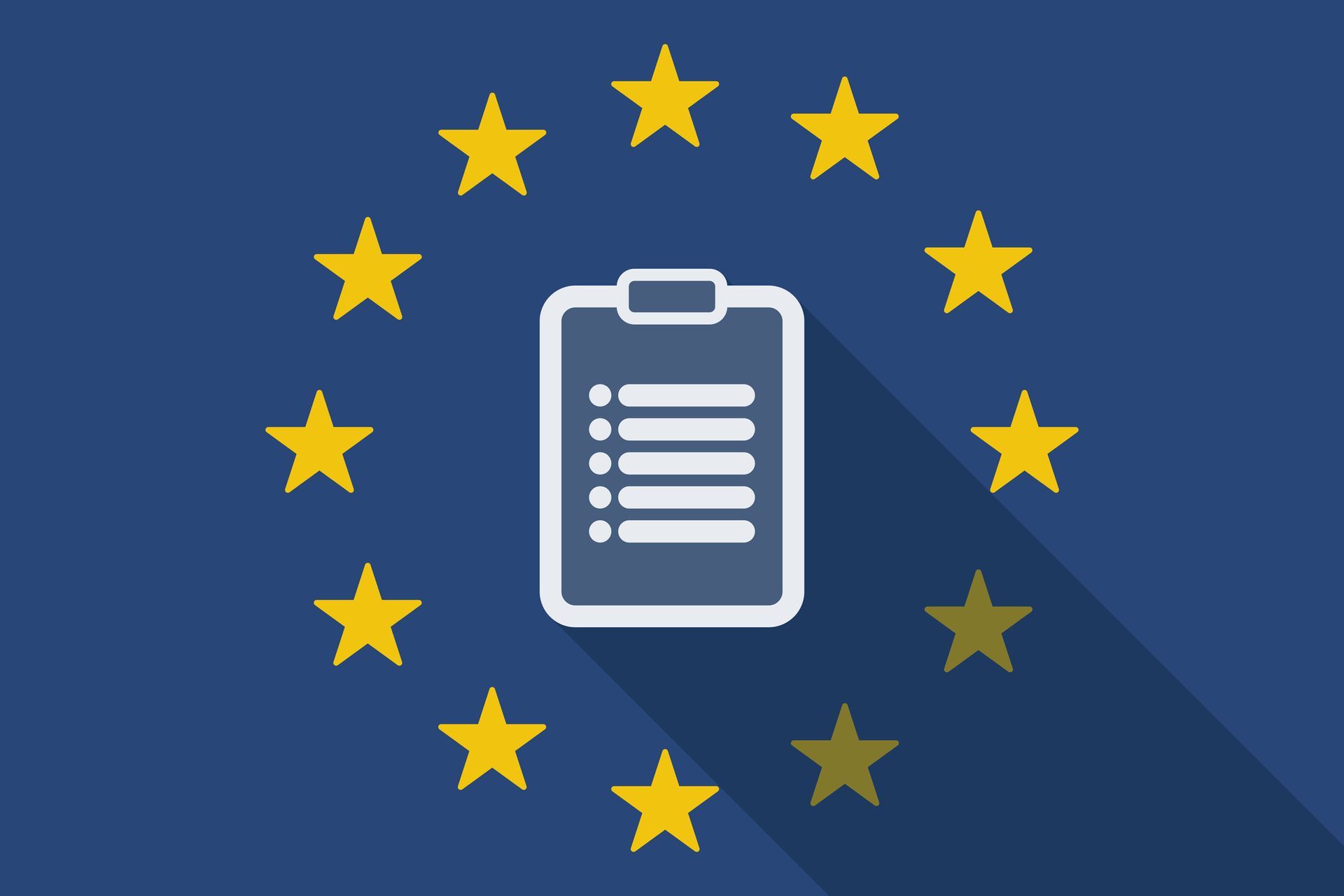Flashlight on Textiles
envenance on compliance.
Textiles are the fourth highest product category in terms of primary raw materials and water usage, following food, housing, and transport. In the European Union (EU) alone, approximately 5.8 million tonnes of textiles are discarded annually, translating to around 11kg per person. Alarmingly, less than 1% of all textiles worldwide are recycled into new textiles. (Source:
https://single-market-economy.ec.europa.eu/sectors/textiles-ecosystem/strategy-textiles_en)
This situation is exacerbated by the rise of fast fashion, where consumers use clothing for shorter periods before discarding them. This behavior fuels overproduction, overconsumption, and an escalating waste crisis. At the same time, the textiles and clothing sector is economically significant within the EU, comprising over 160,000 companies, employing 1.5 million people, and generating a turnover of EUR 162 billion in 2019.
The EU’s Strategy for Sustainable and Circular Textiles
To combat unsustainable patterns, the EU has introduced the "Strategy for Sustainable and Circular Textiles," which consists of six key elements:
- Mandatory Ecodesign requirements to enhance sustainability in textile production.
- Prohibiting the destruction of unsold or returned textiles to minimize waste.
- Tackling microplastics pollution from synthetic textiles.
- Implementing information requirements and a Digital Product Passport for greater transparency.
- Introducing regulations on green claims to ensure textiles marketed as sustainable meet rigorous standards.
- Enforcing Extended Producer Responsibility (EPR) to encourage reuse and recycling of textile waste.
(Source)
EPR Implementation Across Europe
As of January 18, 2025, several European countries have implemented or are in the process of enforcing EPR regulations for textiles, significantly impacting company obligations across the continent.
France
France has been a pioneer in textile EPR, with regulations in place since 2007. The country continues to refine its policies to promote sustainability and circularity in the textile industry. Companies must contribute to textile waste management through initiatives that enhance recycling and reuse and consumer education (see the envenance article on the Re-fashion initiative in summer 2024 here)
Hungary
Hungary implemented its textile EPR system on July 1, 2023. The regulation applies to apparel, clothing accessories, household linens, curtains, blankets, rugs, footwear, and carpets. The Hungarian system mandates registration with the National Waste Management Authority and an agreement with the designated concession company, MOHU MOL Hulladékgazdálkodási Zrt. (MOHU). Producers must submit regular reports and pay recycling contribution fees. The reporting requirements are quite complex.
Latvia
Since July 1, 2024, Latvia has enforced textile EPR, requiring businesses to either pay the Natural Resource Tax (NRT) or join a Producer Responsibility Organization (PRO). Companies must report and pay recycling contribution fees to the PRO regularly.
Netherlands
From January 1, 2025, companies placing textiles on the Dutch market must comply with EPR regulations. Obligations include financial responsibility for textile waste collection and treatment, participation in a collection scheme, and achieving reuse and recycling targets—50% by 2025 and 75% by 2030. Additionally, companies must submit annual reports on textile sales volumes and pay the according recycling contribution fees.
Spain
Starting January 1, 2025, Spanish municipalities must collect textile waste separately to improve recycling rates, currently around 12%. A forthcoming decree will establish Collective Systems of Extended Producer Responsibility, requiring producers to manage textile end-of-life processes. A pilot project involving major brands will launch in April 2025 to assess various collection methods.
European Union Initiatives and Future Outlook
The growing adoption of EPR policies across Europe reflects the EU’s commitment to sustainable textile management. By imposing fees to fund sorting and recycling initiatives, EPR ensures that textile producers take responsibility for their environmental impact. At the same time, however, the consumer education - which is a central element of the Green Deal's strategy to a circular economy anyway - plays a major role in tackling the textile waste problem.
At envenance, we continue to monitor developments in textile compliance and will keep you updated on the latest regulatory changes.
Stay tuned for further updates on textile EPR and sustainability initiatives!













